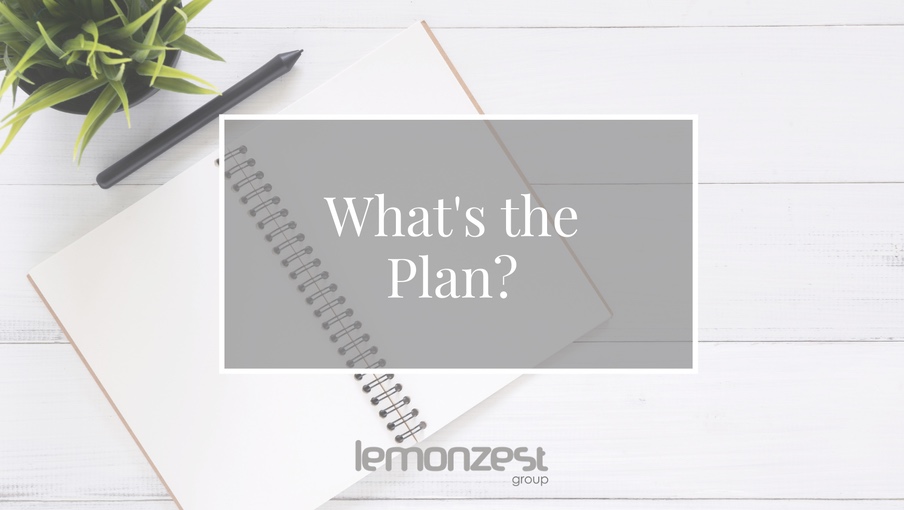lz
blog
June 2023
Whats the Plan?

What’s the plan?
We are just 3 weeks away from one of the largest outdoor UK festivals – Glastonbury. It got me thinking about how this event continues to deliver a stellar line-up and be a success year after year and what we can learn from it.
Here are some reasons why Glastonbury delivers a winning formula:
-
The venue is fit for purpose.
-
The engagement with the target audience is spot on.
-
The planning (aside from the weather) is meticulous.
-
The event creates a desire that people want to be part of and it delivers a lasting impact.
While Glastonbury is on an epic scale the same principles apply to smaller scale events.
-
Get the date locked in as early as possible. We are all busy and getting into people’s schedules in advance has become more important since the return to live events.
-
Schedule regular comms, teasers and snippets of what’s in it for the attendees. Create the interest and desire of what they will take away from the event.
-
As the event host/organiser, think carefully about your USP and event purpose. What is the one thing you want to achieve from holding the event? When you write your brief this needs to underpin the plan.
Think of it like this. You wouldn’t run a marathon with little or no prep, no end goal, regular training, minimal planning, or having the right footwear. While that is an extreme example, it’s a true analogy relatable to events.
I’ve worked in the events industry for 20+ years and over this time, the foundations of delivering a successful event hasn’t changed much.
-
What’s the event purpose and deliverables?
-
Develop the idea and concept relating to the event purpose.
-
Pull together the high-level plan.
-
the plan and refine, tweak and adjust.
-
Execute and deliver on the plan.
-
Review and debrief after the event.
-
Implement learning from the event.
-
Secure the next event date.
What I have seen change is the lead time of events. Venues are having to adapt to shorter lead times as clients are preferring to book later. This is a concern as the knock-on effect is noticeable. The idea of booking later means that decisions then have to be made quickly and these time pressures have a knock-on event on resourcing and availability as event teams and associated suppliers operate leaner after the pandemic with fewer resources.
This then comes back round to what I first mentioned about why events such as Glastonbury are a success time and time again. The lead time, the planning, the engagement and the desire created – it’s a well thought out and executed plan.
Less lead time can impact massively on the success of an event and it is important as #eventprofs we educate our customers & network about those key event principles and where the value of event partners come in. Getting this right and having trusted advisors to count on will help deliver better engagement and an overall return on investment.



